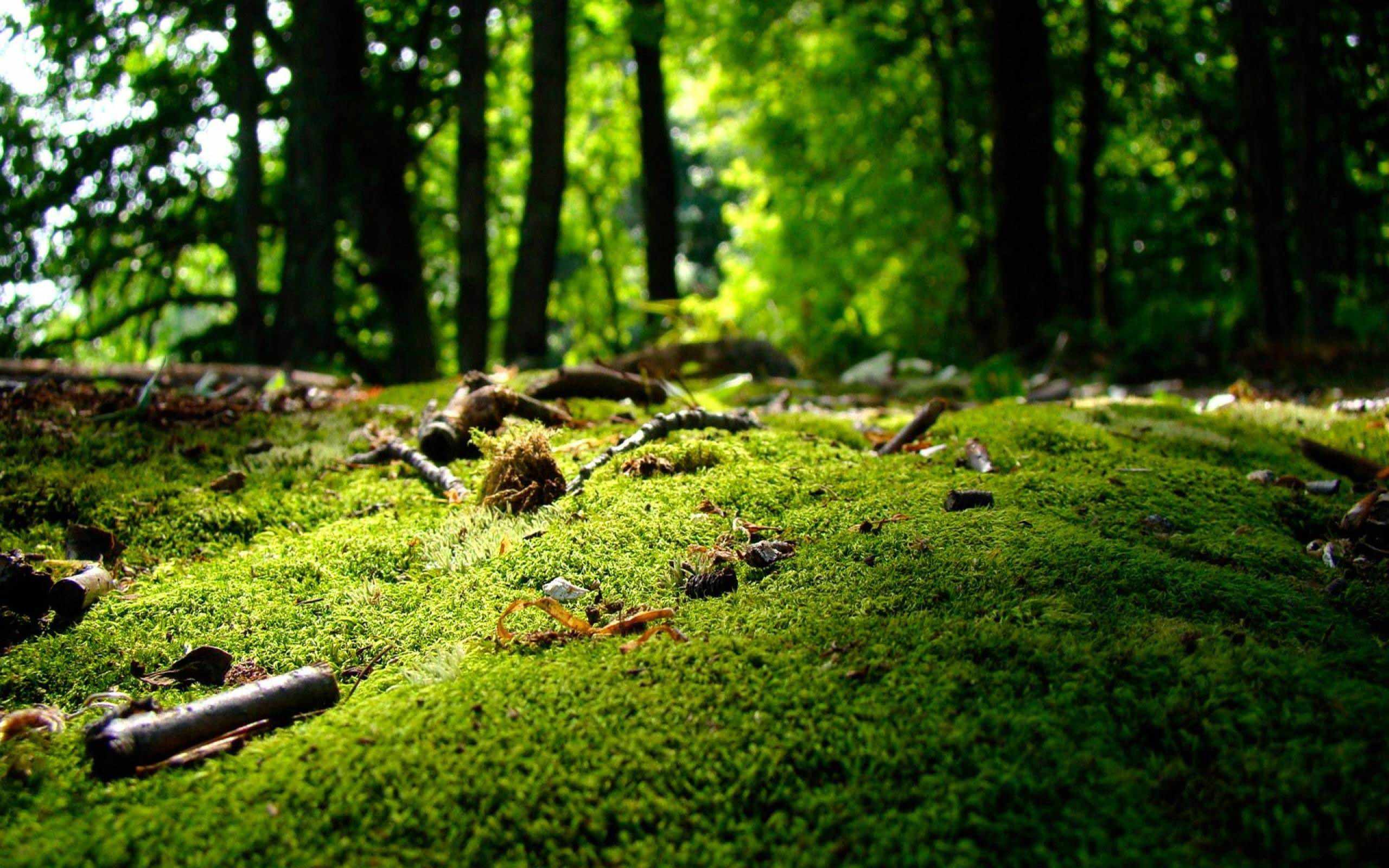Author:
Knut Wimberger
Short summary:
The Mobile Campus is a concept and a method to raise the awareness of all inhabitants of Sankt Pölten for the city as our home worth protecting and as an ecosystem necessary for survival, regardless of their social, ethnic or religious background, and to let them practice this awareness through daily actions. This pilot project should further underpin Sankt Pölten's role as a 2nd leading city as a best practice on a regional, national and European level with an important contribution to the solution of social and climate policy challenges.

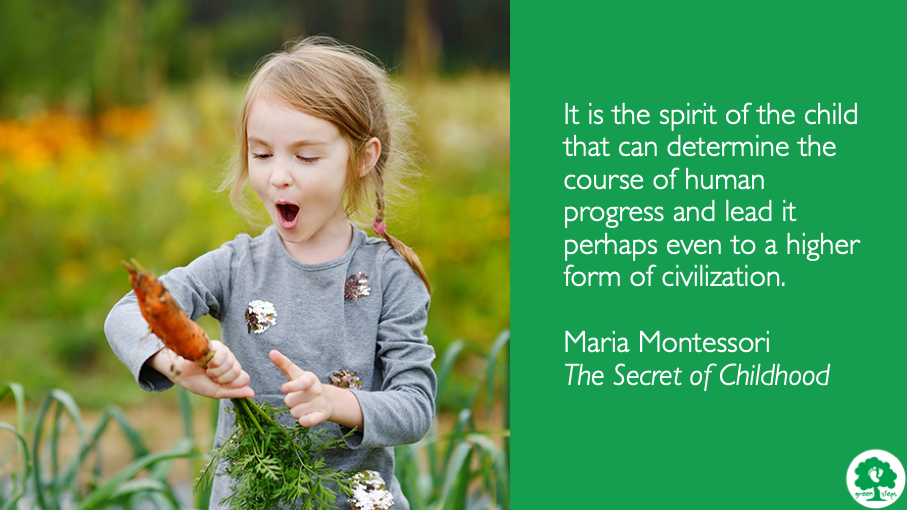
Migration changes homogeneous societies.
The Clash of Civilization scenarios evoked by Samual Huntington in the 90s have been a reality in Europe since at least 2015. Politics and society have to face this reality now. In connection with the climate crisis, which will trigger further population migration, integration work is experiencing a new dimension. Environmental education is a sustainable contribution to the integration of immigrants and creates a new home concept that is not based on a common culture, but on a common nature.

The meta goal of the Green Steps Mobile Campus is to raise the awareness of Sankt Pölten as our home worth protecting and as an ecosystem essential for survival, regardless of social, ethnic or religious origin, and to allow this awareness to be practiced through daily action. This pilot project is also intended as best practice at regional, national and European level to underpin Sankt Pölten's role as 2nd leading city with an important contribution to solving social and climate policy challenges.

Hitherto, Nature has been used far too little as a resource for creating a common basis for people from different social, ethnic and religious backgrounds. The mainstream discussion is so focused on biodiversity loss and climate change that we are overlooking the opportunities that environmental education offers as a vehicle for social inclusion. In a world with more and more people and less and less space, we are challenged to develop individual empathy for nature and responsibility for common goods. Where we come from - socially and culturally - or what beliefs we hold are small questions compared to where we are going.
The future of humanity is a common one and we must learn that we are all in the same boat.
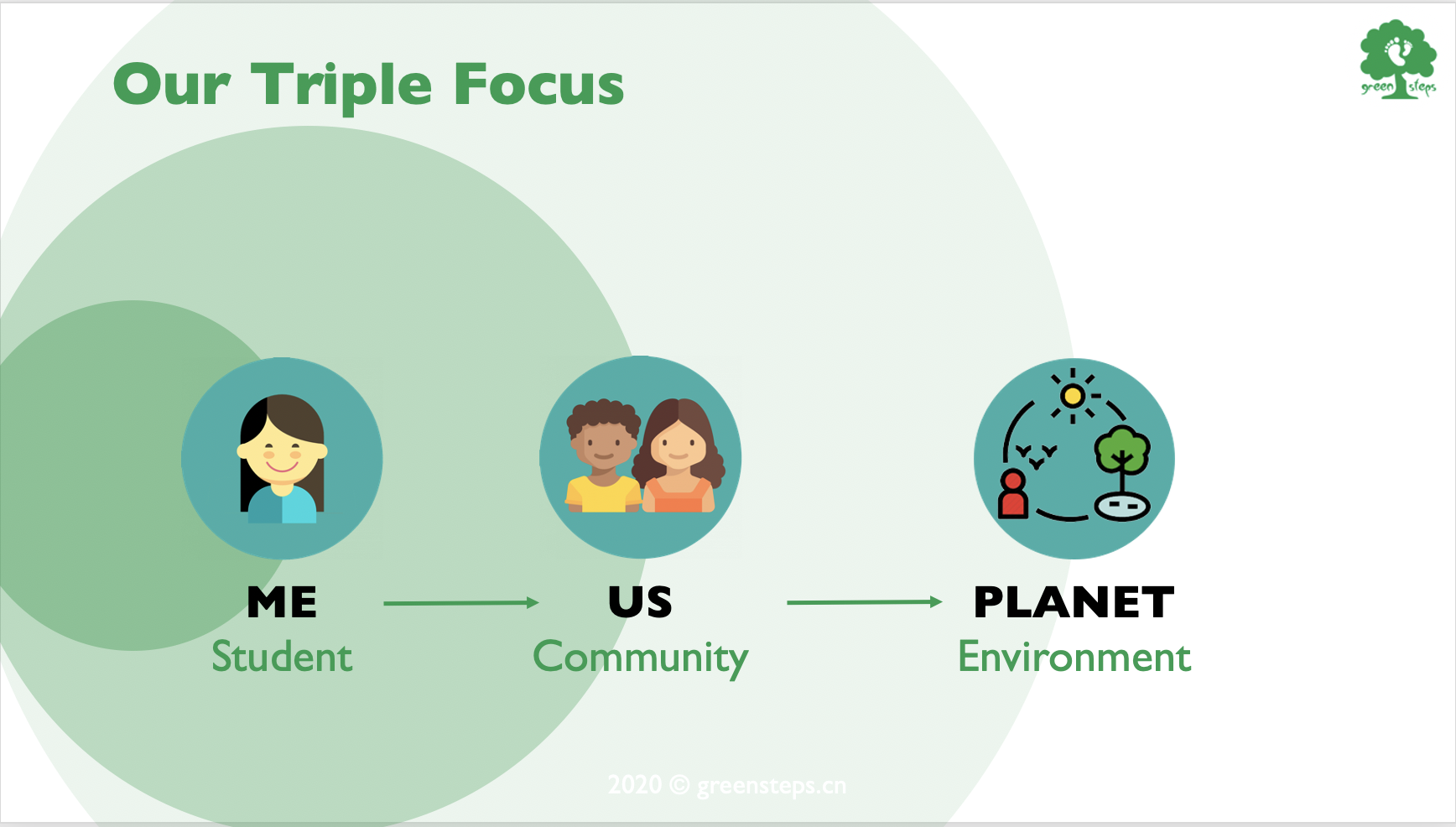
Our work is strongly influenced by the Montessori method, but also brings in other environmental educational approaches such as those of the Forest School or the School of Life. We have developed our own methodology in the form of the triple focus, which strives for a balance between intra-, inter- and ecological intelligence.
Green Steps originally focused on children between the ages of 3 and 9, following neurological findings. For Sankt Pölten, this focus was adjusted or expanded to 6-15 according to local conditions. Scientific studies such as those of the Harvard Center on the Developing Child have shown that children between the ages of 3 and 6 have the greatest potential to learn long-term behavior manually. This potential decreas es exponentially with increasing age and is described by neurologists as reduced neuroplasticity. Yet all economies invest the lion's share of their education budgets in tertiary institutions. It is obvious that these educational-political accents have only a minor impact on social integration and climate-friendly education.
Project goals in detail:
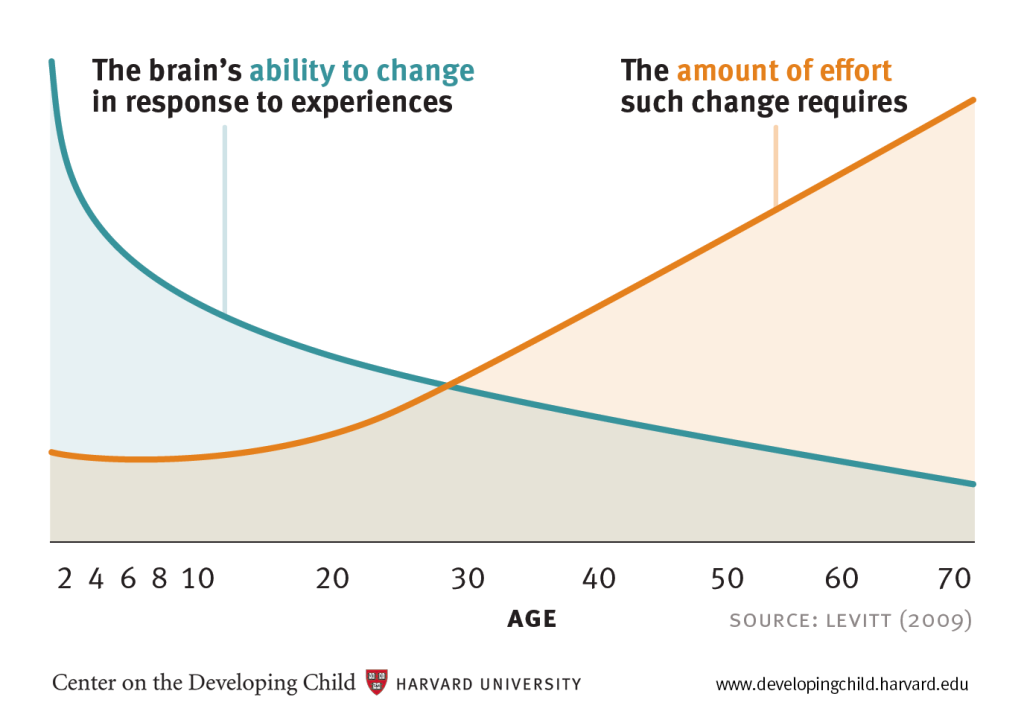
- Integrate children of different social, ethnic and religious origins and give them a sense of a common home
- Create respect and responsibility for the environment as a valuable commons worth protecting
- Completion of the traditional MINT-based indoor curriculum with a new focus on social and ecological empathy
- Playful connection with the local bioregion
- Develop awareness of the beauty of nature and its ecosystem services
- Understand the role of different species in the ecosystem
- Learn the uses and uses of plants
- Implementation of a natural area curriculum
o with a low carbon footprint o in the city's existing green spaces
o for the regeneration of common goods and
o to overcome social, ethnic and religious segregation
- Passing on our methods to interested parents / teachers / key persons through 2-day intensive courses

We apply Montessori pedagogy, which defines project-oriented and practical learning in time windows of around three hours as a principle. Our routes therefore take about half a day with arrival and departure and are implemented in the mornings and afternoons (summer program) or only in the afternoons (complementary school program), depending on the season.
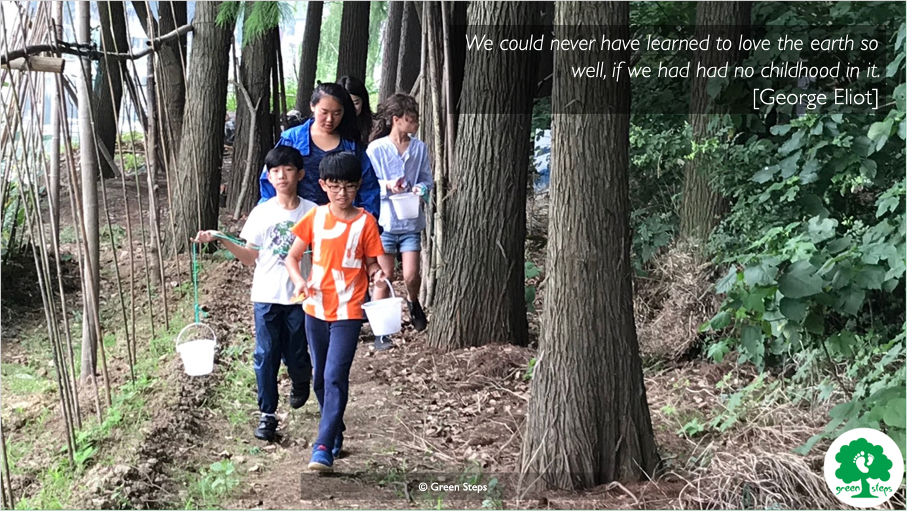
The starting point of our routes can be any place in the city, such as the Museum Natur, the train station or, as during the summer months, the camping site at Ratzersdorfer See. So far these routes have been designed in an implemented manner and we are continuously adding new routes and event types:
Sparkassenpark, Hammerpark, Kaiserwald, Musikschule, Traisen Lounge, Feldmühle, Viehofner Seen, Citysplash, Nadelbach, St. Georgen am Steinfelde, Ochsenburg, Harland, Stattersdorf, Pottenbrunn, Traisen, Viehofen
The individual routes are summarized under the umbrella term "Mobile Campus". Mobile Campus stands for outdoor learning in various locations that can be easily reached on foot, by bike or public transport. The activities are aimed primarily at children in the age groups 6-9, 9-12 and 12-15 and are held in a nature guide - participation ratio of 1: 6. Smaller children can take part in certain events with their parents on request.

Our team is deliberately international and consists of partly experienced, partly in training nature guides who have a degree in natural sciences. We are all first aiders and attach great importance to the detailed preparation of our event in order to avoid dangers and risks.
Our team is deliberately international and consists of Nature Guides – partly experienced, partly in training – who often have a background in natural sciences. We are all certified first responders and attach great importance to detailed preparation of our events in order to avoid dangers and risks. Gloria Corradini is a biologist and qualifies as an environmental educator at Green Steps during a European Voluntary Year. Merlin Mayer studies biology at the University of Vienna and contributes to the team with his journalistic and photographic passion. Lukas Helebrandt supports our work as technical director and mastermind of our learning platform. Valentin Pivert adds aesthetics and glamour to our appearance. Giuseppe DeStefano leads our international communication. Pascal Gruber is a trained gardener and qualifies as an environmental educator at Green Steps while waiting for his civil service. Knut Wimberger trains future Nature Guides and manages the St. Pölten site.

sources
- ARTE: A history of migration in Europe
- Samuel Huntington: Clash of Civilizations
- Henry Kissinger: World Order
- Nationalen Energie- und Klimaplan für Österreich (Ref-NEKP)
- Bundesamt für Naturschutz: Naturbewusstsein 2019
- Green Steps: European Green Deal
- Bildungswissenschafter Hans Karl Peterlini über notwendige Veränderungen im Bildungssystem
- Green Steps: Wie man aus Kindern Piraten macht
- Die Presse: Braucht Österreich Einwanderung?
- Der Spiegel: Was ist Heimat?
- Philosoph David Richard Precht: Von der Pflicht




